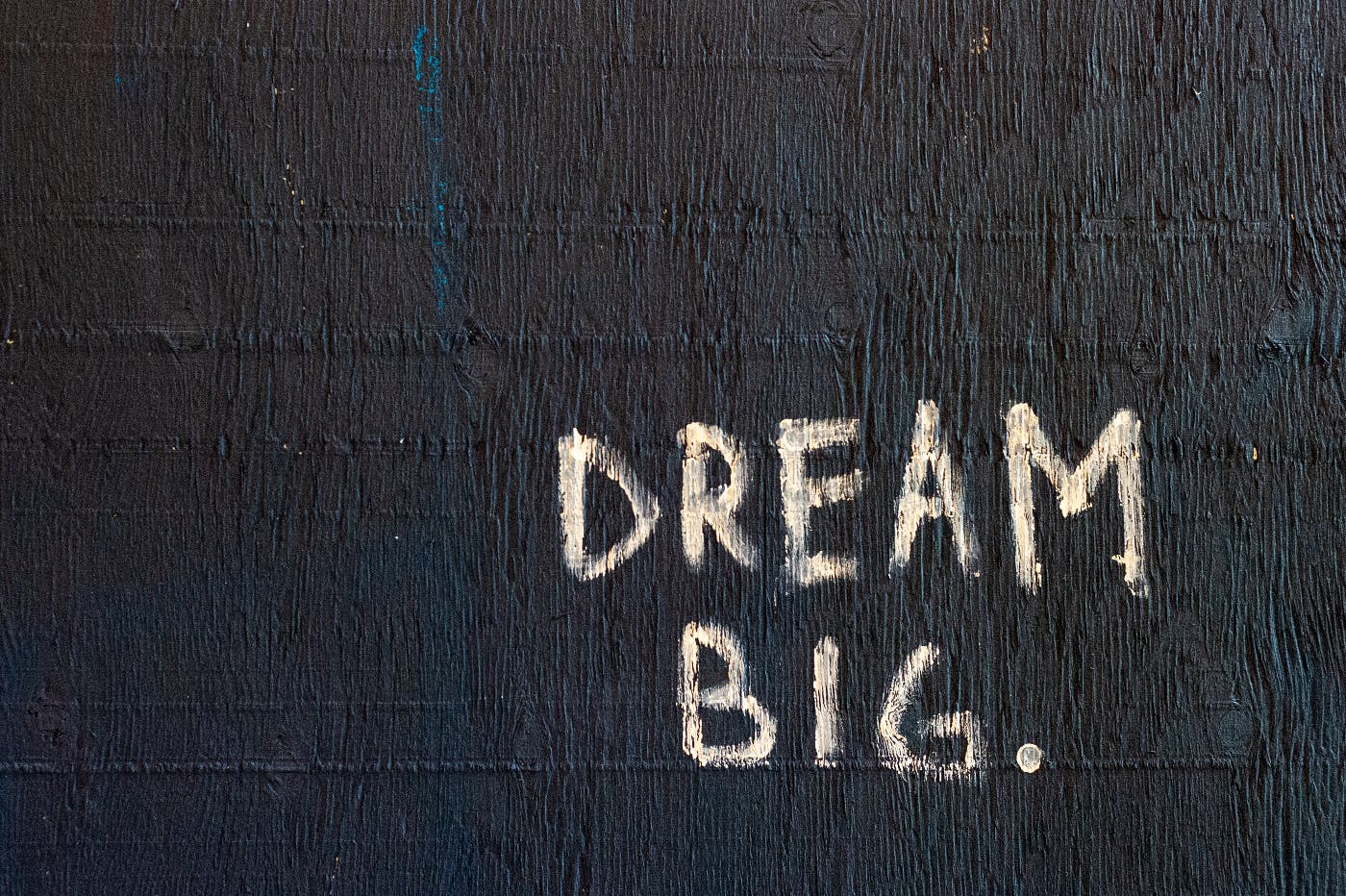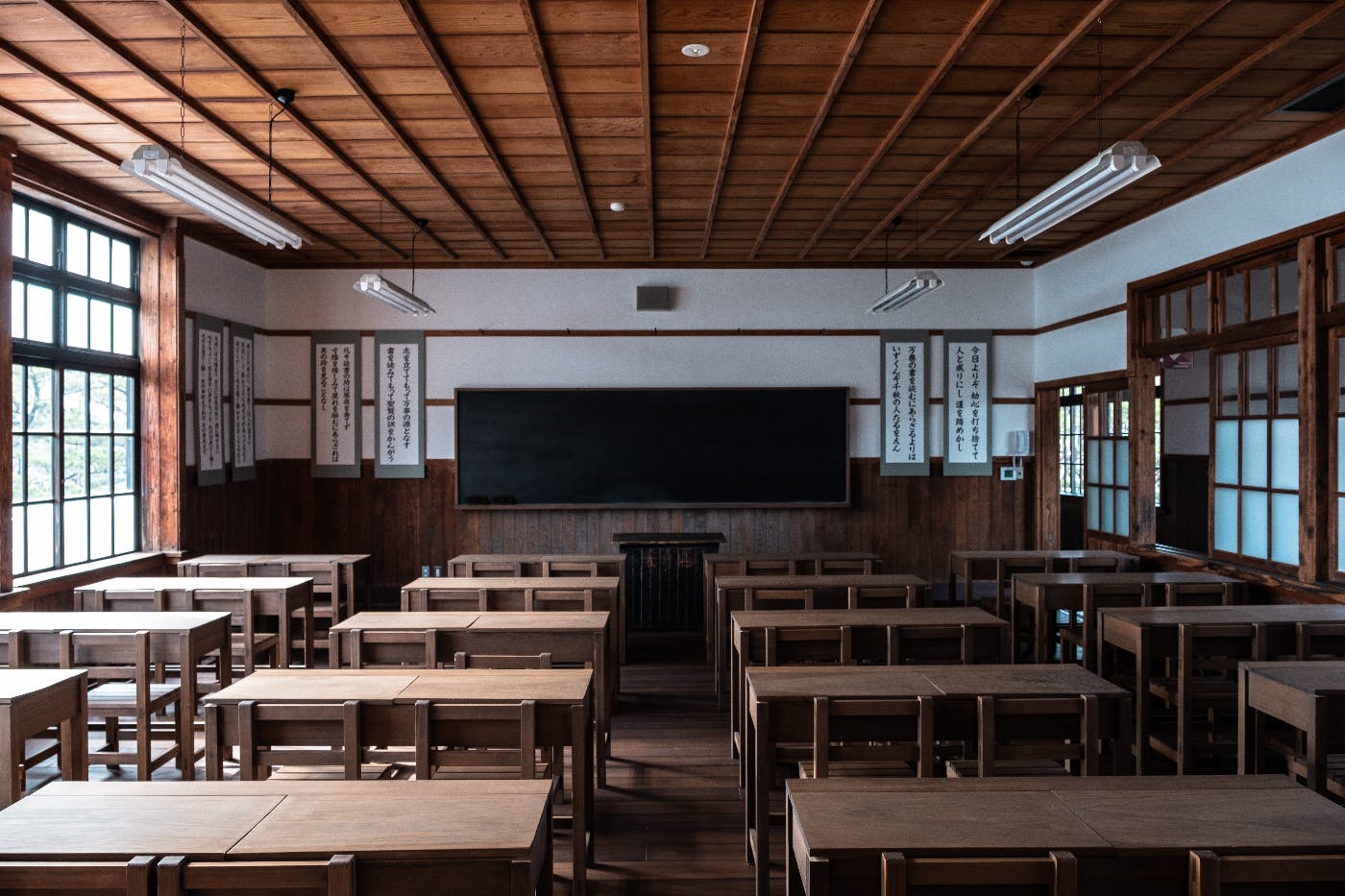
Today, I’m talking about creativity—a favored subject at Thoughtlab. Growing up, I often admired people who could embrace new situations and experiences and just go with them.
Today is my “first day of school.” Let me explain this a bit better. I’m not going to an actual school; I am in my, well, let’s just say I’m past my school days. However, the feeling of school, especially for those like me, a bit awkward, shy, self-conscious, and terrified, gets triggered often, and it’s rough.
Today, I’m talking about creativity—a favored subject at Thoughtlab. Growing up, I often admired people who could embrace new situations and experiences and just go with them. Relax and go with the flow. How did they do that? How could they go into new but slightly familiar settings and relax? Talk to strangers, laugh, tell jokes, not be worried that the thing from Alien is dripping out of their nose? How could they be so calm and collected? They have never been here before, yet there is a mystical ease about them.
Creativity Truth (H2)
There is this idea that creative people can turn it on like a faucet and be “creative” at the drop of a hat. They need no prep; it just magically pours out of them and never stops.
I know this happens because I used to think that way. As a young actor, I was amazed at how the seasoned pros just appeared to know what to do and how to do it, and it was ease personified. I watched in awe and thought, I will never reach that point; I will never be that easy in these situations. How do they do it?
This mindset is the same kind of creativity killer that we have seen in the past. This thought that I would never or that they are so special is the inner editor jumping to the outside and clouding the judgment. I immediately said no to myself. I will never reach that level, and they are somehow magical. It is the kind of thought process that kills creativity in an instant.

A conversation (H2)
Many years ago, I was doing a play with the late Roy Scheider. I had never worked with him before, but I was a huge fan. I was sitting at the table for the first read, and he came in, said hello to everyone, and I stood to shake his hand. After people said hello, he sat beside me, and something unique happened. He looked at me and said, “A little nervous?” I said yes, and he said, “Well, me too, first day of school.”
That phrase jumped out at me, and later, when we had a break, and he had complimented me on my read, I asked about first day of school. I was amazed when he told me that for him, the first rehearsal was like the first day of school. The worries are the same. Will I fit in? Will people like me? Will I make a fool of myself? All that stuff that we fill our heads with when we’re unsure are the things that not only kill our creativity they also put us in our heads and make it almost impossible to be in the moment.
Think about it: after a first day of school situation, how much do you recall of the day or the event? Very little. This is because our fear and worry have driven us internally when all this amazing stuff is happening externally.
To be at our optimum creative best, we must be present and in the moment and connect to all the external stimuli around us. That’s all fuel or food for our creative hunger. By turning off the external, going into our heads, we’re not seeing the opportunities; we’re trapped inside with our editor who is shrieking at us, “Run for the door, you don’t belong here, you’re a fraud, and everyone is going to find out!”
First day of school, and that editor's voice is pumped to 11. But, as I face another first day of school today, I recall that phrase as Chief Bordy from Jaws told it to me and explained it. He had the same jitters as I did; the difference, well, the difference was that he had won an Oscar and was a household name, but the difference between us at that moment was that he dismissed all the jitters, all the worries and was present, in the moment because he used the phrase to identify the situation and the feelings involved and then let them go by. In contrast, I was dwelling on them. Living right in the center of the speakers, the editor in my head had set and pointed directly at me.
A Helpful Phrase (H2)
As an actor, when I have to do a dialect in a show, I come up with a phrase with all the major sounds of the dialect, and I use that to drop me into the dialect. This is a useful key phrase that is great when the show has been dark for two days, and I need to jump-start the dialect. A quick, easy phrase that puts me right where you need to be.
The same goes true for “first day of school.” After I was first introduced to this fun phrase, I discovered that almost every actor I know called the first day of rehearsal the first day of school. And I got the same answer whenever I asked any of them about it.
This lovely little phrase allows me to recognize that it’s a big day; there are nerves and fears, but this phrase makes them manageable. It allows me to see the truth about the situation and embrace the fear without letting it sap my creative energy or drive.
When the editor’s voice rises in my head, and I worry about all the silly worries, I say this little phrase: first day of school, and I am back in the driver’s seat, and the editor is far behind.

Find a phrase (H2)
I have no idea how many readers are actors, but that doesn’t matter; you can use that same idea if you’re faced with a situation that is holding you back creatively.
When people make speeches and worry about stage fright, they are often told to picture the audience in their underwear. I have never felt that was a wise tactic. It’s slightly pervy, and it makes one wonder, why am I talking to a room of semi-clad people? Are they insane? Did they not know they left the house that way this morning? This tactic, while widely used, doesn’t help. The intention is good, minimalizing the audience's fierceness, but the application is odd.
For the speech nerves, I recommend the idea that what you have to share with the audience is amazing and will change their lives. When I have been in that situation, I say, “I’m so lucky I get to share this with them.” It removes the worry that I’ll be boring or screw up and replaces that with a feeling of excitement because no matter what, the material I have to share will change their lives. How great is that?? Pretty great.
The Editor is Sneaky (H2)
Having a phrase like “first day of school” is helpful when embarking on a creative project because the editor is sneaky and relentless.
This voice will always try to find a way to be the loudest and most negative voice in your life, and you need to have tools in place that will help you silence it or, at the very least, turn the volume down.
The best way to find a phrase is to take the situation that gives you worry or doubt and simplify it. If you’re afraid of public speaking, break down why. Paint the worst scenario of what could happen. And when I say this, I mean the very worst:
“I start speaking, and my pants fall down; I’m not wearing underwear, the door to the exit is locked, someone pulls a fire alarm, and I have to stand in the crowd I’m supposed to be addressing, pantless.”
Take it that far or even further; paint a nightmare scenario, and then sit back and understand that will never happen. Your worst fear won’t come true. Once you’ve voiced it and painted that image, then you are in control; that fear is no longer valid because you’ve played it out, and it ain’t going to happen.
It’s just one of the many little tricks creative folks have adopted over the years to help them keep the editor under control and not compromise their creative drive.
Do you have any tricks that get you through those challenging moments and deplete your creativity? Share them with us, and you can help someone live their creative life more fully.

